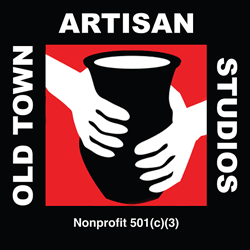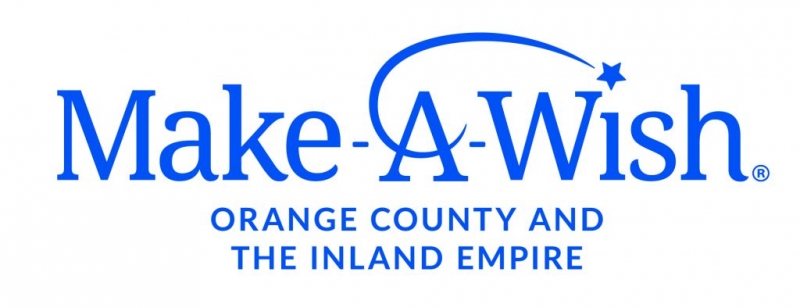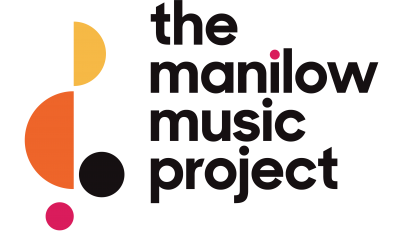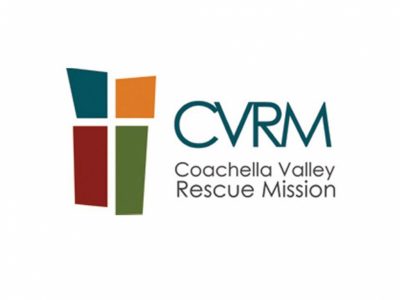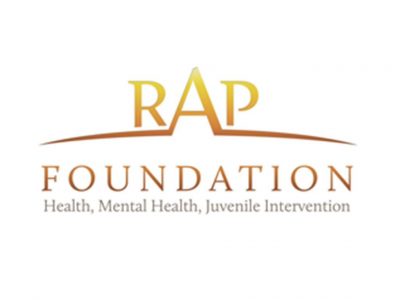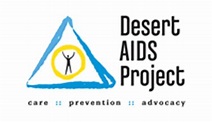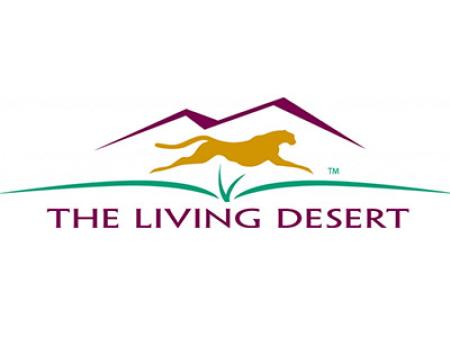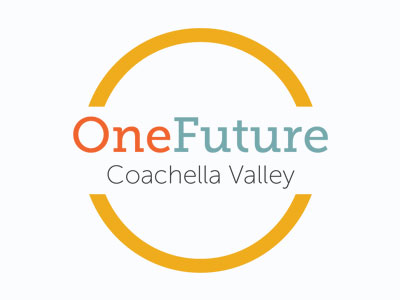Generally speaking, board development is any kind of education that helps your board govern your nonprofit more effectively.
Its purpose can be to:
- help individual board members enhance their skills in a valuable area,
- reset board expectations around roles and responsibilities, or
- strengthen the working relationship between the board and the rest of your organization.With so many training opportunities, it’s easy to wind up spinning your wheels when it comes to ongoing board development.
To maximize your board development and keep your board on track, consider taking the following steps.
DETERMINE THE SKILLS YOU NEED AT THE BOARD LEVEL.
Your board members can help your organization fill gaps in legal knowledge, fundraising expertise, subject matter expertise, and financial management, as well as other common areas of board development – like program evaluation, risk management, organizational ethics, investment management, diversity and equity, and general governance issues.
Knowing where your board is strong and where it has room for improvement is important.
You’ll also want to make sure a cross-section of the community you serve is represented on your board. These members will have a sense for whether your programs are effective and fulfilling a community’s needs – and how to change course if they aren’t.
MAKE USE OF A COMMITTEE STRUCTURE.
Board committees are your friends! Not only does the ability to divide and conquer free up general meeting time for the issues that truly require the input of your full board, but decisions and forward motion are easier to achieve since fewer voices are weighing in on all the details.
Committees that focus on fundraising, determining board development activities, and even succession planning for the recruitment of new board members are all great ideas.
COMMIT TO A STRATEGIC PLAN.
Whether you’re hiring a consultant or trying to manage a strategic plan in-house, make sure your board is fully committed to honoring its stated goals and objectives. This will help you stay focused on the right opportunities and avoid mission drift in the long run.
Check in on your strategic plan regularly, and stay on top of timelines and outcomes. Identify shorter- and longer-term goals and reassess your progress toward them regularly.
DON’T SKIP EVALUATIONS.
Your board members should be ready and willing to regularly review their own individual performance and evaluate the success of the board as a whole. Make sure your evaluations clearly reflect the roles and responsibilities of board members and committees. (If you don’t have written position descriptions for board members, create them right away!)
Regular evaluations are important for adjusting your approach and processes as necessary and keeping individual members committed and on-task.
DETERMINE YOUR BOARD CONTRIBUTION IN ADVANCE.
An unclear set of expectations around fundraising is a quick way to breed resentment and derail your board’s morale and success. Know and communicate how board members are expected to contribute financially from the start.
And there are options beyond simply giving; some boards require development assistance, whether it’s monetary or administrative help, while others employ what’s called a “give/get” policy. This means board members can make a personal donation or fundraise from their own networks to meet the contribution requirement.
LAY A STRONG FOUNDATION FOR NONPROFIT BOARD DEVELOPMENT.
Remember that your board’s job is to shape and support the direction of your nonprofit as it strives to serve its community and meet its mission. This means a full understanding of key terms, financial responsibilities, and issues of liability is critical for every board member. Provide training and regular refreshers to all board members, regardless of past experience.
Most importantly, you’ll want a board committed to the continuous learning necessary to make the best and biggest impact possible. That’s the foundation of board development!
Join NPO Centric’s membership program for more on board development and fundraising! >>


